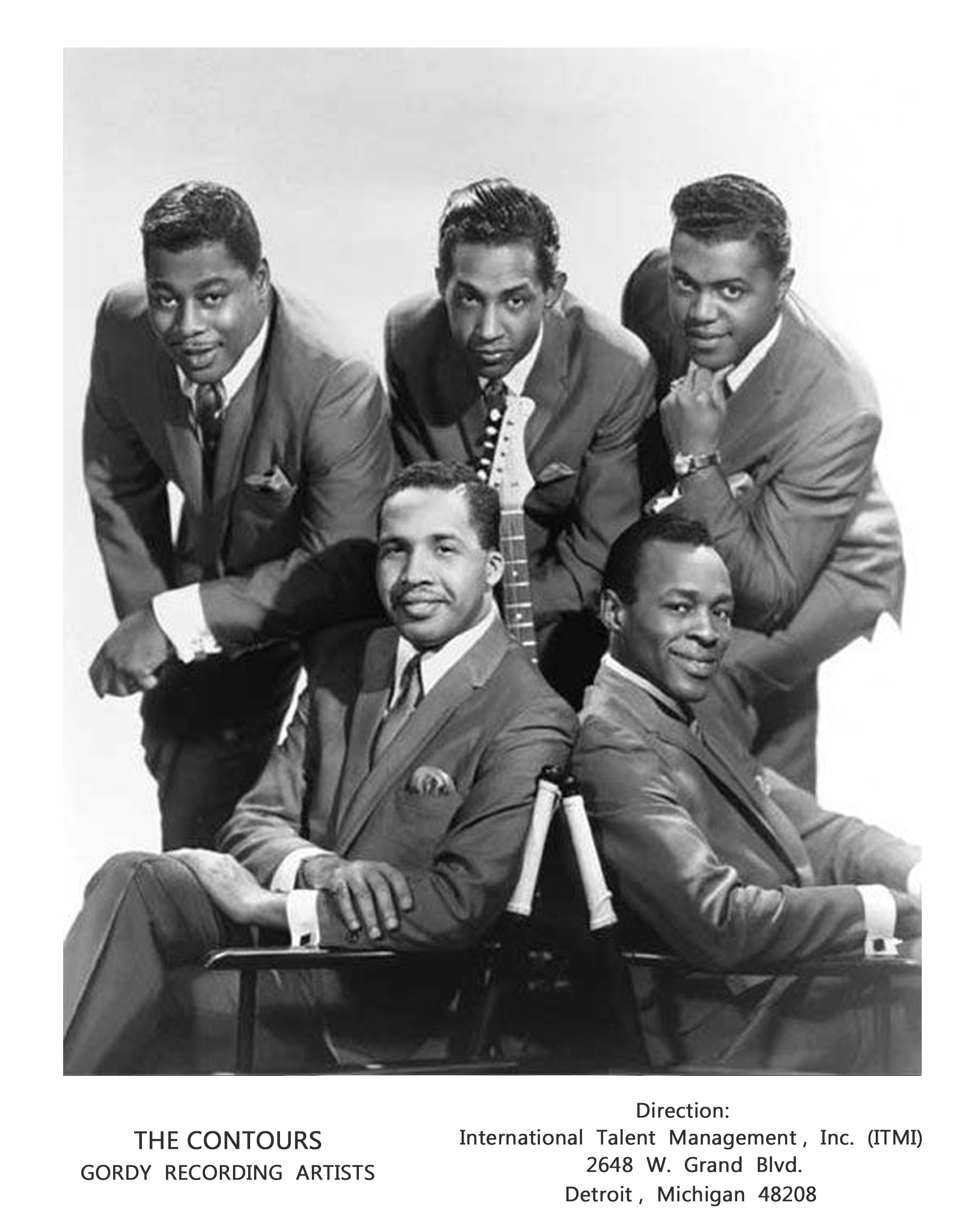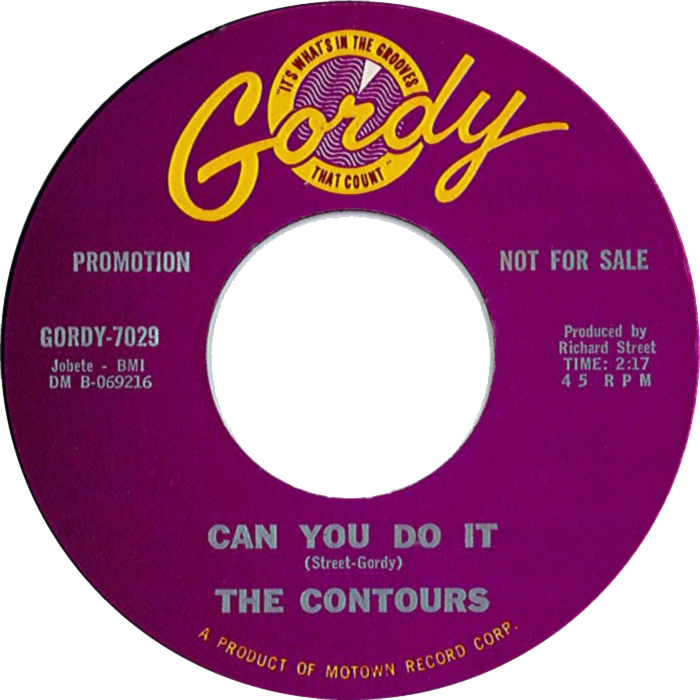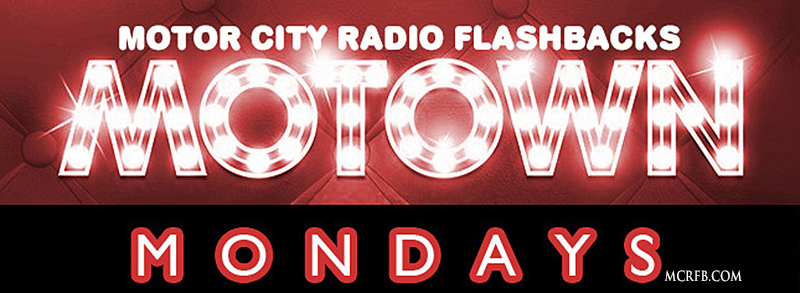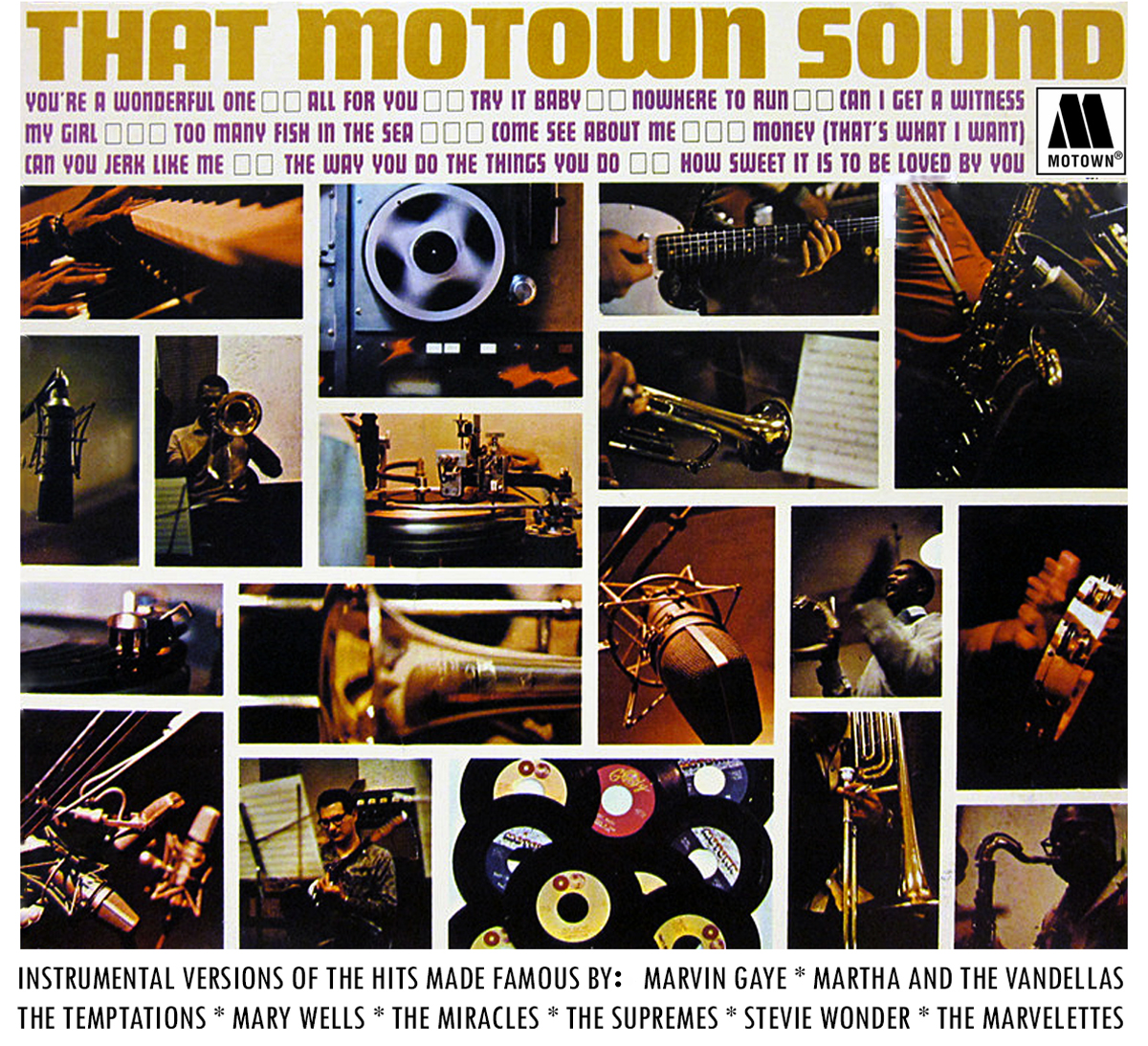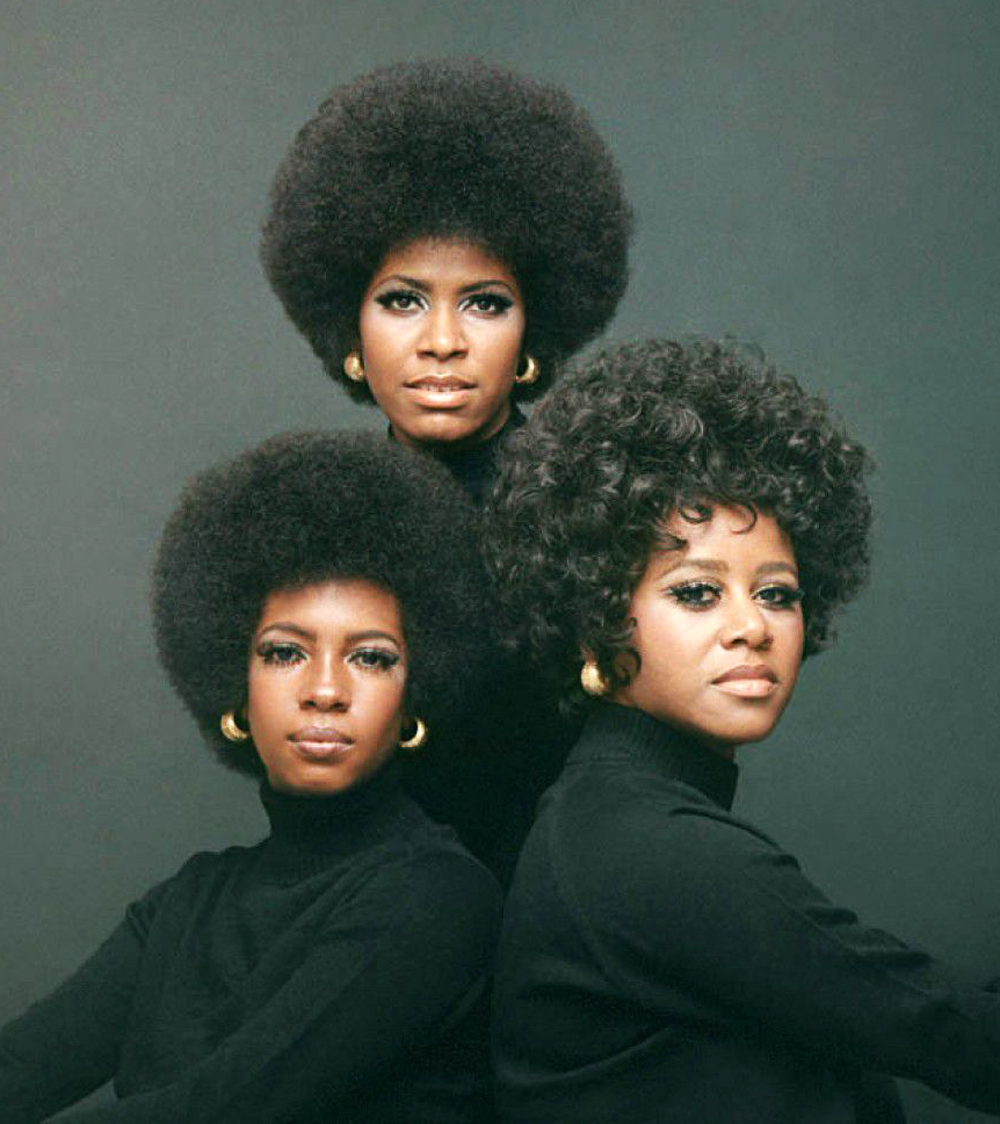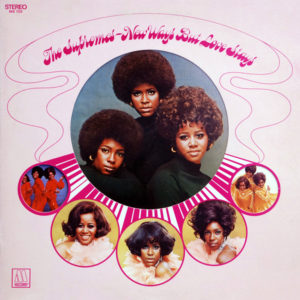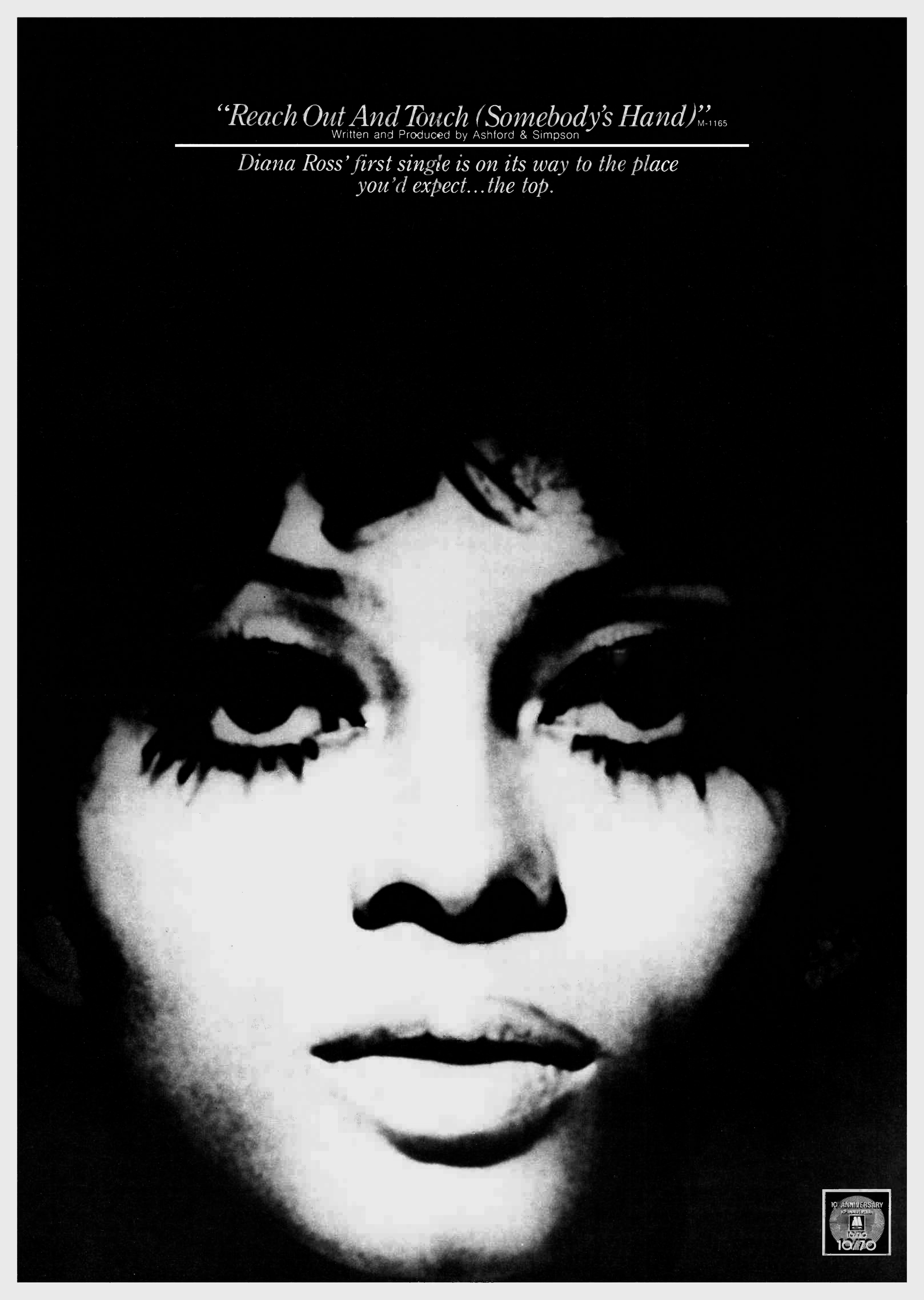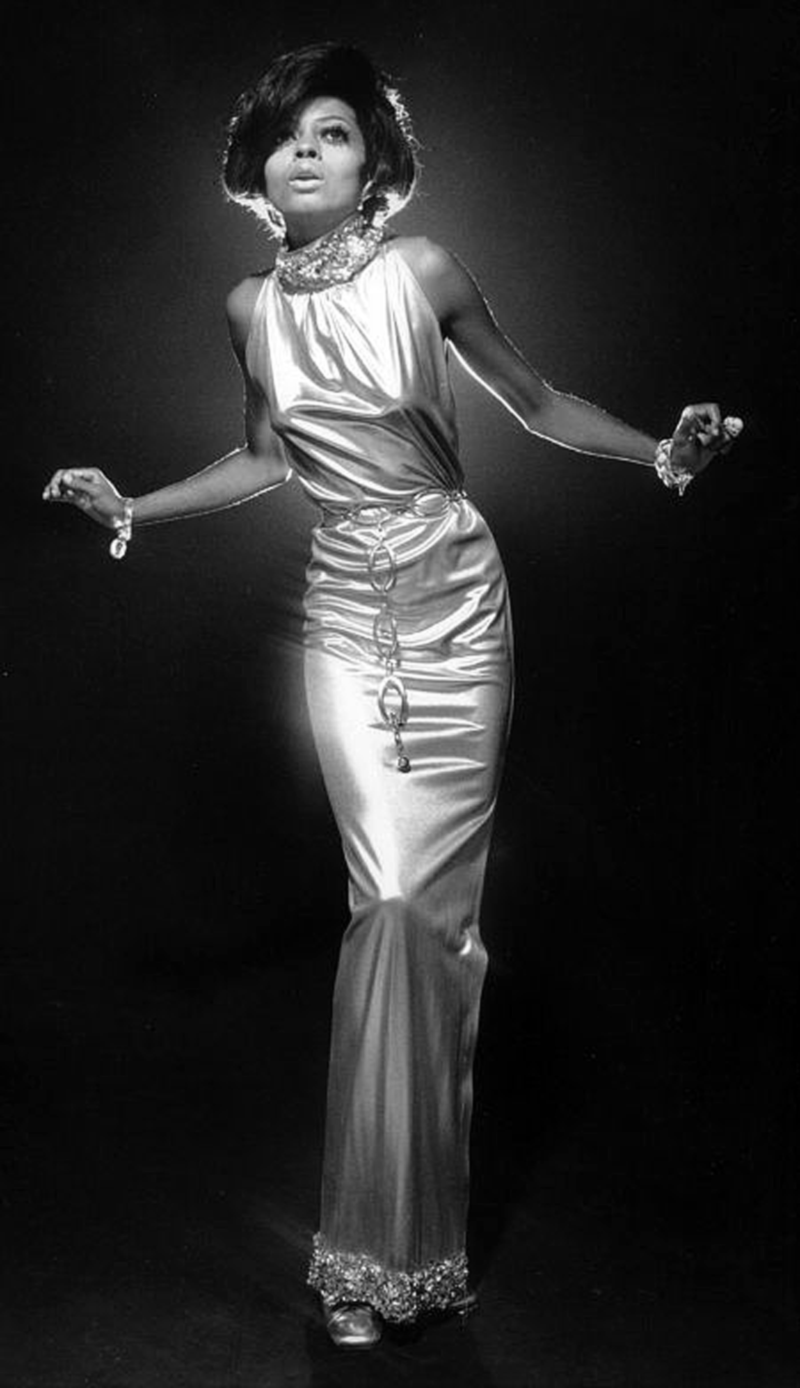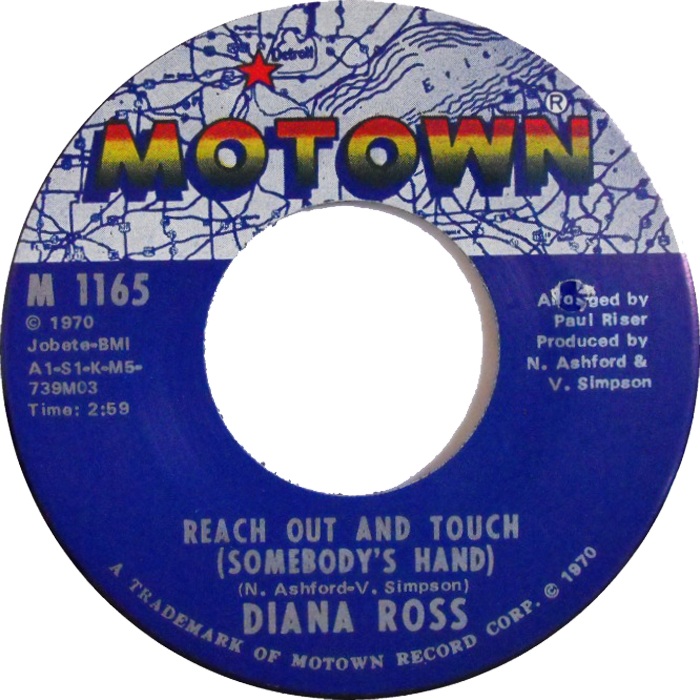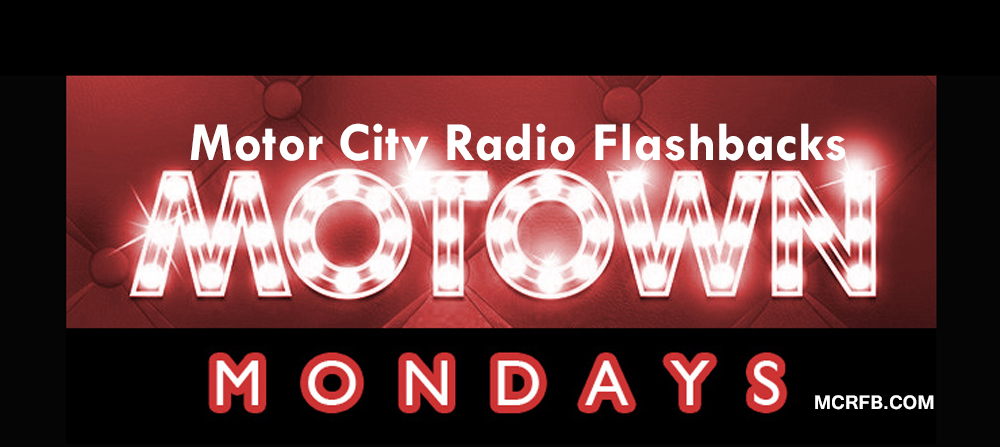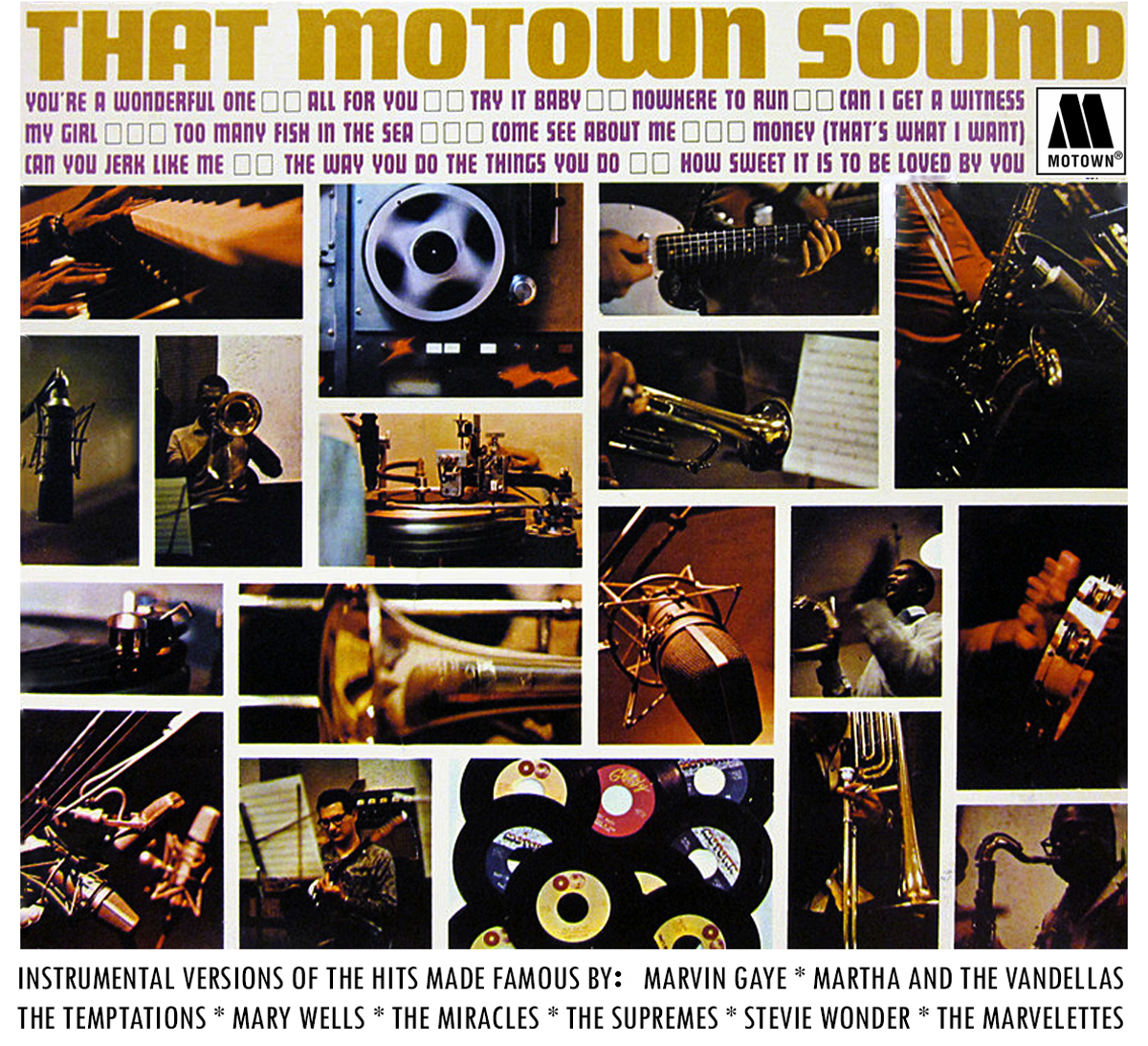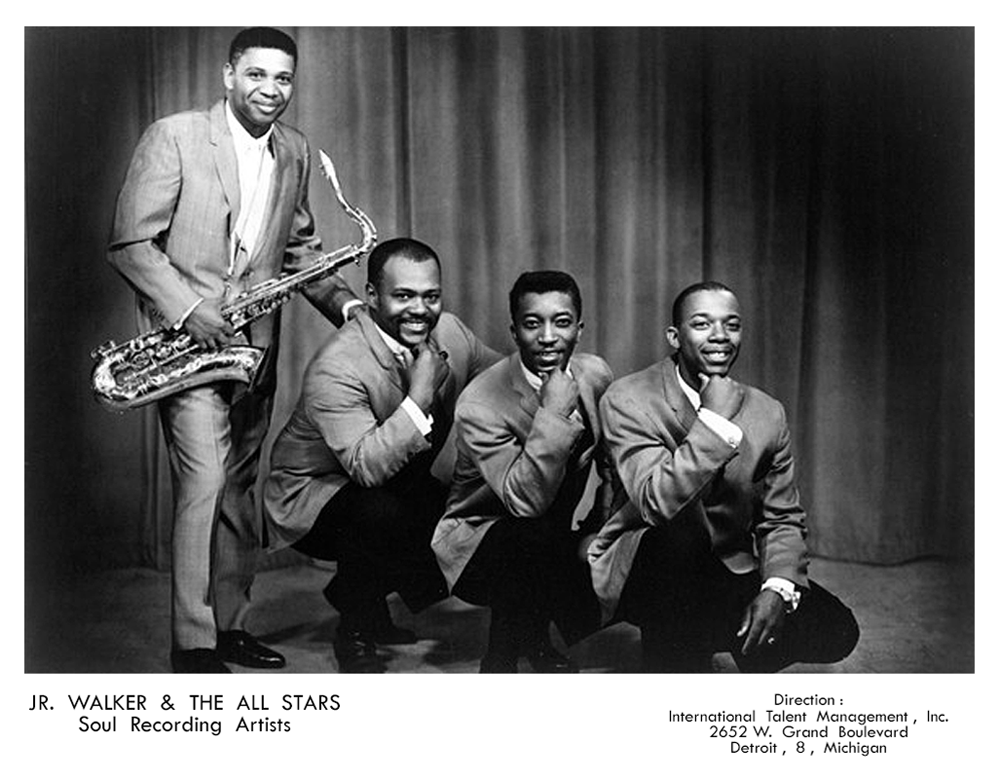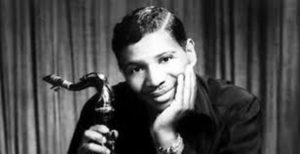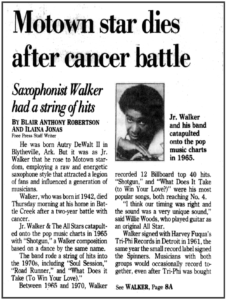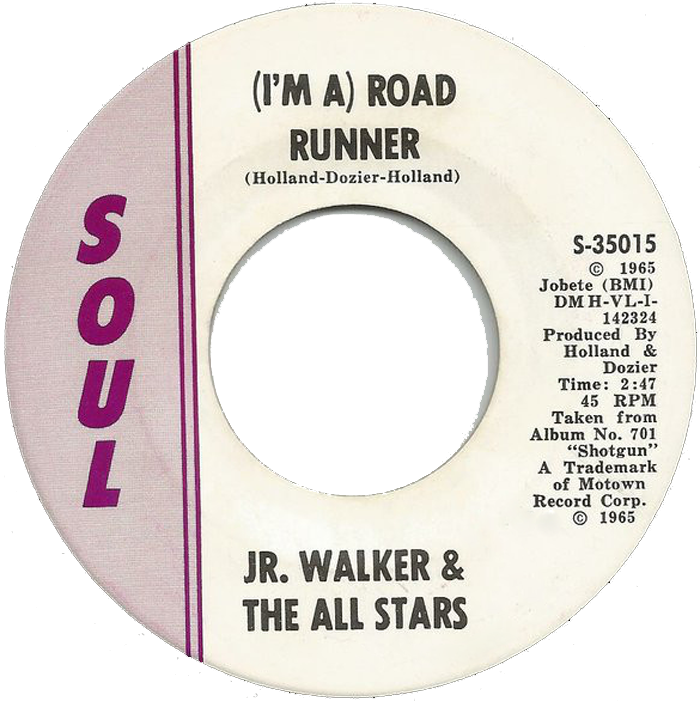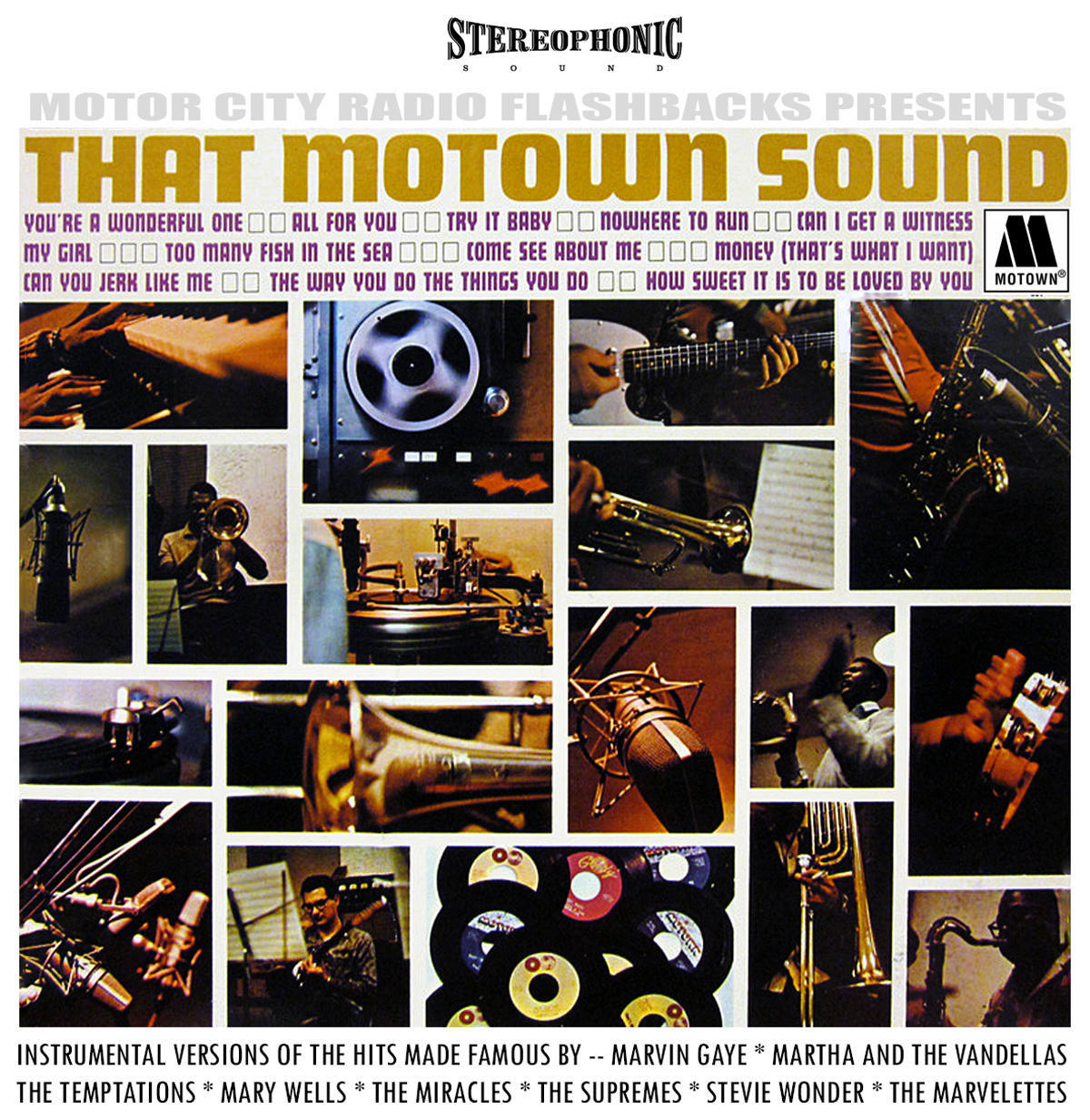—THE CONTOURS—
1964
_______________
Although the Contours never quite repeated the extraordinary success of “Do You Love Me,” they returned to the charts four times during 1963 and 1964 starting with “Shake Sherry.” They also charted on the R&B Charts with the “B-side” to “Can You Jerk Like Me,” the Smokey Robinson-penned “That Day When She Needed Me.”
In 1964, Billy Hoggs, Joe Billingslea, Hubert Johnson, and Sylvester Potts all left Motown.
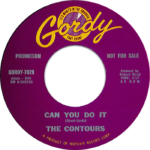 Berry Gordy hired Council Gay, Jerry Green and Alvin English to back Billy Gordon, making the Contours a vocal quartet (with Davis remaining the group’s guitarist throughout their stint at Motown). During this period, tracks recorded by both line-ups were being put together for a second album for Motown entitled The Contours: Can You Dance (Gordy 910). However, for unknown reasons, this album was never released by Motown.
Berry Gordy hired Council Gay, Jerry Green and Alvin English to back Billy Gordon, making the Contours a vocal quartet (with Davis remaining the group’s guitarist throughout their stint at Motown). During this period, tracks recorded by both line-ups were being put together for a second album for Motown entitled The Contours: Can You Dance (Gordy 910). However, for unknown reasons, this album was never released by Motown.
Within a year, Sylvester Potts returned to the group (replacing Alvin English), and Billy Gordon departed shortly thereafter. Gordon was replaced by Joe Stubbs, brother of Four Tops lead singer Levi Stubbs. Stubbs soon quit the act and was replaced by Dennis Edwards. Stubbs would later go on to become lead singer of the 1970s non-Motown R&B group, 100 Proof (Aged in Soul).
The group produced three R&B hits on the Gordy label in 1964. “Can You Do It” (#16 R&B); “Can You Jerk Like Me” (#15 R&B); “That Day When She Needed Me” (b-side of “Can You Jerk Like Me,” No. 37 R&B).
In 1964, The Contours comprised of Billy Gordon, Huey Davis, Council Gay, Jerry Green and Alvin English.
_______________
Source: The Contours; Wikipedia
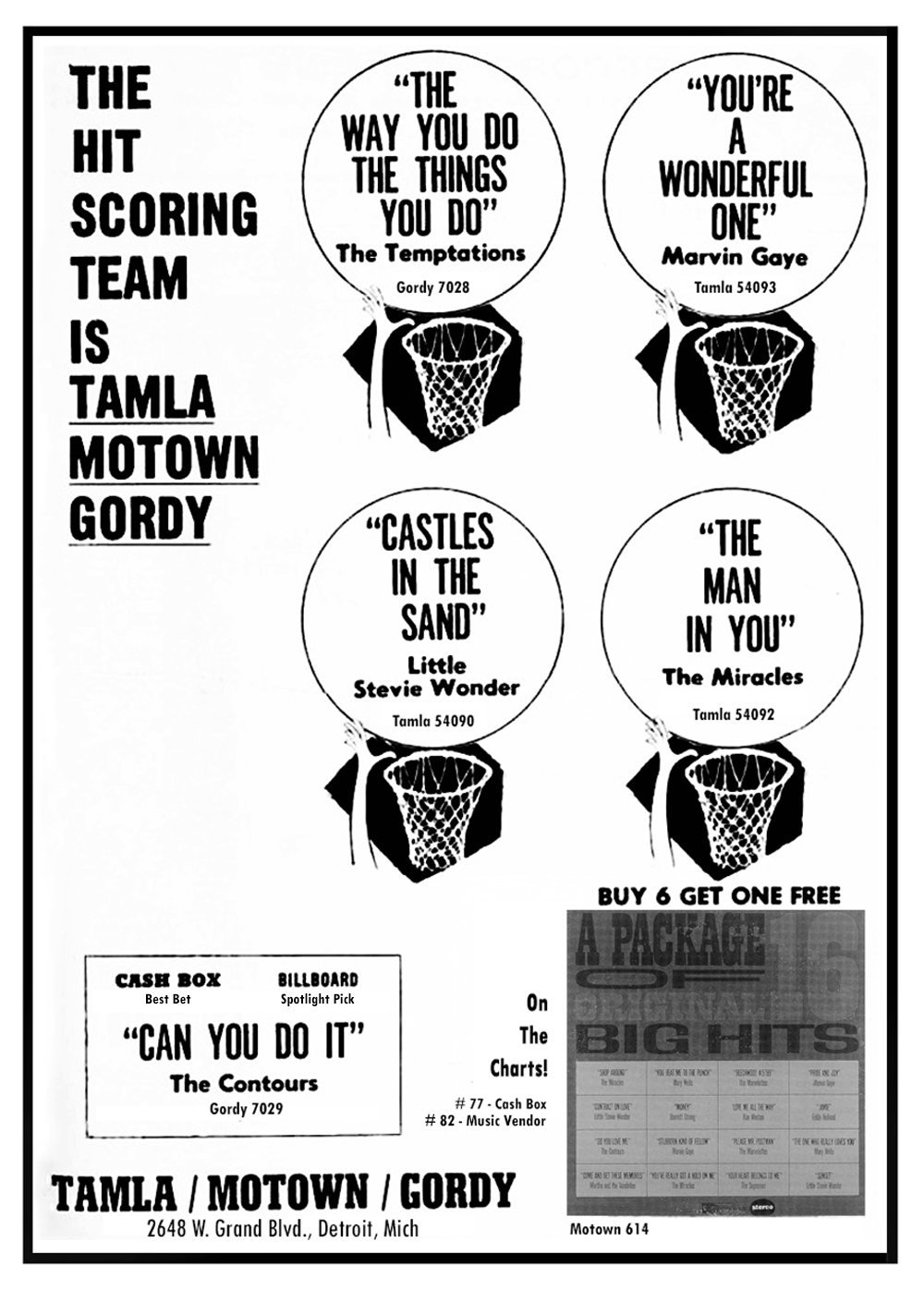
![]()

